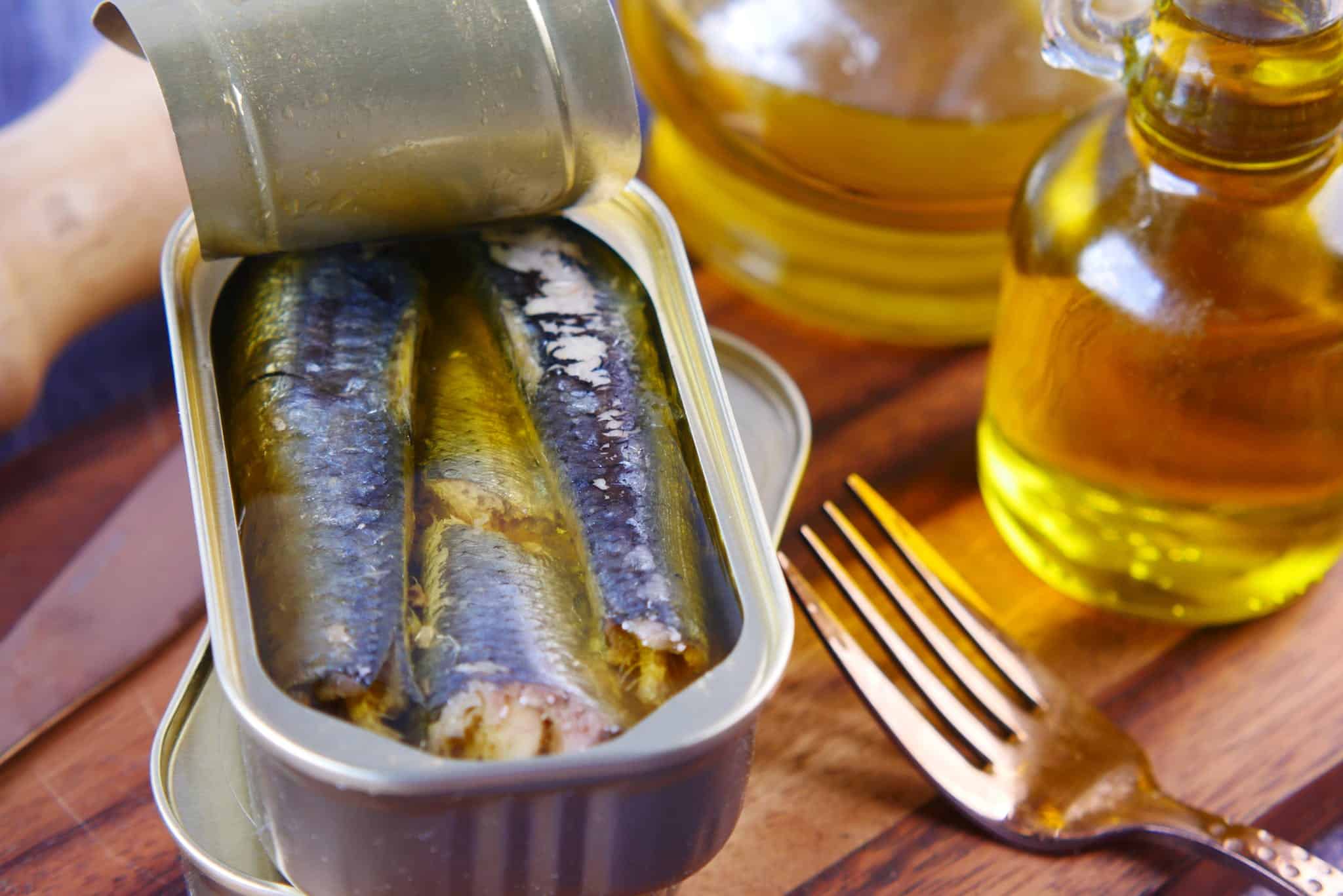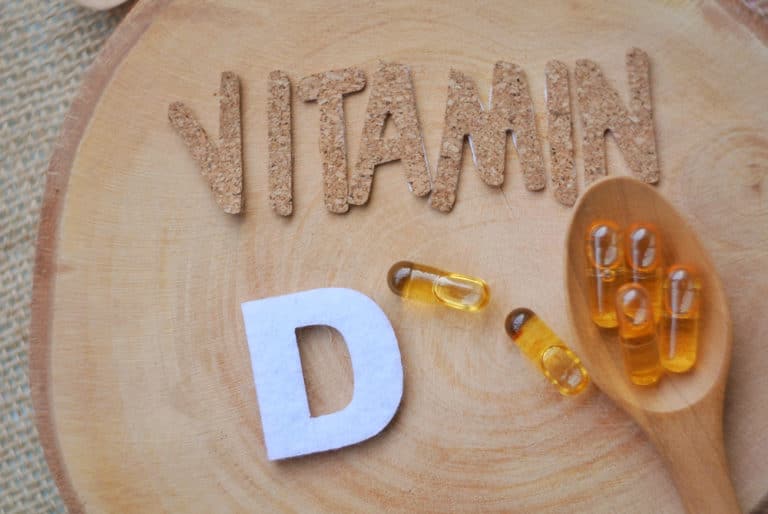In our quest for a healthier lifestyle amidst a landscape of ever-increasing expenses, the search for nutritious yet affordable superfoods becomes paramount. Enter the sardine, a modest-sized fish that swims into our diets offering not just a bounty of health benefits but also a beacon of economic sensibility.
These small yet mighty swimmers are not merely a cost-effective choice for our meals; they are brimming with essential nutrients that render them a powerhouse of wellness. This journey into the world of sardines is not just about uncovering a budget-friendly option; it’s about diving deep into the ocean’s bounty to bring to light the nutritional treasures these unassuming fish hold.
Join us as we explore the myriad of Sardines Fish Health Benefits, and let’s unravel how these tiny titans can make a significant impact on our health without weighing down our wallets.

The Economic and Nutritional Value of Sardines
Navigating the complex world of healthy eating and budgeting can be a daunting task. However, sardines stand out as a beacon of hope, offering a unique blend of economic and nutritional value that caters to both our health and our wallets. Let’s delve into how these small fish make a substantial impact on our diet and finances.
Wallet-Friendly Nutrition
- Cost-Effectiveness: In comparison to other protein sources like beef, chicken, or even some plant-based alternatives, sardines offer a significantly lower price point.1 This affordability makes sardines a game-changer for those managing tight budgets but unwilling to compromise on nutritional quality.
- Nutritional Density: Despite their small size, sardines pack a powerful punch of essential nutrients, including omega-3 fatty acids, high-quality protein, and a plethora of vitamins and minerals. This dense nutritional profile means you get more bang for your buck, making sardines a cost-effective way to nourish your body without breaking the bank.
Nutritional Powerhouse
- Omega-3 Fatty Acids: Known for their heart-healthy benefits, these essential fats are abundant in sardines, supporting cardiovascular health and reducing inflammation.
- Protein-Rich: With their high protein content, sardines are perfect for muscle repair and growth, making them a staple for fitness enthusiasts and anyone looking to maintain a healthy physique.
- Vitamins and Minerals Galore: Sardines are a treasure trove of vitamins, including B12 and D, crucial for energy production and bone health, respectively. They’re also rich in minerals like calcium, iron, and magnesium, supporting a wide range of bodily functions from bone strength to immune system support.2
Unveiling Sardines Health Benefits: A Deep Dive into Wellness
Sardines, these tiny titans of the sea, are not only remarkable for their economic and nutritional value but also for the profound health benefits they offer. Let’s explore the myriad ways in which incorporating sardines into your diet can contribute to a healthier you.
Heart Health and Omega-3s
- Cardiovascular Support: The omega-3 fatty acids found in sardines play a crucial role in heart health. They help reduce cholesterol levels, lower blood pressure, and decrease the risk of heart attacks and strokes, making sardines a heart-friendly food choice.3
Building Blocks of Health: Protein
- Muscle Maintenance and Repair: Sardines are an excellent source of high-quality protein, essential for building and repairing muscle tissue. This makes them particularly beneficial for athletes, fitness enthusiasts, and anyone looking to support physical health and recovery.
The Vitality Vitamins: B12 and D
- Nervous System and Energy Production: Vitamin B12, abundantly present in sardines, is vital for the healthy functioning of the nervous system and for energy production. This makes sardines an excellent food choice for boosting vitality and combating fatigue.
- Bone Health and Immune Support: With their high levels of Vitamin D, sardines support bone health by aiding calcium absorption and play a significant role in immune function, offering a two-fold benefit for overall well-being.4
A Mineral Mosaic for Comprehensive Health
- Calcium for Strong Bones: For those who avoid dairy, sardines offer a valuable source of calcium, essential for maintaining strong bones and preventing osteoporosis.
- Iron, Magnesium, Zinc, and More: The rich mineral content in sardines, including iron for blood health, magnesium for muscle and nerve function, and zinc for immune support, underscores their role in a balanced, healthful diet.
Low in Mercury, High in Benefits
- Safe Seafood Choice: Compared to larger fish, sardines have lower levels of mercury, making them a safer choice for regular consumption and reducing the risk of toxic exposure.
Weight Management and Skin Health
- Feeling Full, Looking Great: The combination of high protein and healthy fats in sardines can help regulate appetite and support weight management efforts. Additionally, the omega-3 fatty acids contribute to healthy skin, promoting a natural glow and aiding in the prevention of skin conditions.
From supporting heart health and muscle repair to enhancing bone strength and immune function, sardines prove to be a versatile and potent component of a healthy diet.

Sustainability and Culinary Creativity: Embracing Sardines in Your Diet
The choice of sardines as a dietary staple is not only beneficial for our health and budget but also reflects a commitment to environmental sustainability and culinary exploration. Let’s delve into why sardines stand out as an eco-friendly option and explore versatile ways to include them in our meals.
Championing Sustainability with Sardines
- Eco-Friendly Choice: Sardines are considered one of the most sustainable seafood options available.5 Their rapid reproduction rates and abundant populations mean that sardine fishing, when managed responsibly, has a minimal environmental impact compared to other fishing practices.
- Lower in the Food Chain: Being lower in the food chain, sardines accumulate fewer toxins and require less feed from the environment, further minimizing their ecological footprint. This aspect makes them a safer and more sustainable seafood choice.
Culinary Versatility: Sardines in the Kitchen
Sardines boast a unique, rich flavor that can enhance a variety of dishes. Their versatility in the kitchen opens up a world of culinary possibilities, from simple snacks to hearty meals. Here are some creative and delicious ways to enjoy sardines:
- Sardine Toasts: A classic and quick option, top your favorite whole-grain bread with sardines, a squeeze of fresh lemon, and a sprinkle of herbs for a nutritious snack or breakfast.
- Sardine Salad: Combine sardines with mixed greens, fresh vegetables, and a vinaigrette dressing for a protein-packed salad. For a twist, add sardines to a traditional Niçoise salad.
- Pasta with Sardines: Create a simple yet flavorful pasta dish by tossing sardines with garlic, cherry tomatoes, capers, and olives, finished with a drizzle of olive oil and freshly grated Parmesan.
- Sardine Pâté: Blend sardines with cream cheese, lemon zest, and herbs for a smooth spread perfect for crackers or vegetable sticks.
- Grilled or Baked Sardines: Fresh sardines can be marinated and then grilled or baked, offering a delightful entrée that celebrates their natural flavor. Serve with a side of roasted vegetables or a fresh salad.
These ideas not only showcase sardines’ adaptability in recipes but also encourage culinary experimentation, allowing both seasoned cooks and kitchen novices to explore the nutritional and flavorful benefits of this remarkable fish.
Understanding the Source of Your Sardines
In our journey through the benefits and uses of sardines, an important aspect to consider is the origin and sourcing of these nutritious fish. With sustainability and environmental impact at the forefront of many consumers’ minds, understanding where and how your sardines are caught can make a significant difference.
Traceability and Ethical Sourcing
- Know Your Source: Look for sardines that are clearly labeled with their source, including the specific ocean or sea they come from. This transparency is a good indicator of sustainable practices.
- Certifications: Seek out sardines that bear certifications from reputable organizations like the Marine Stewardship Council (MSC), which certifies sustainable fishing practices. These labels ensure that the fish were caught in a way that minimizes environmental impact and supports healthy fish populations.6
The Impact of Fishing Practices
- Fishing Methods: The method by which sardines are caught can greatly affect their sustainability. Purse seine fishing, for example, is commonly used for sardines and is considered one of the more sustainable options, minimizing by-catch and habitat damage.
- Supporting Small-Scale Fisheries: Often, small-scale fisheries employ more sustainable practices and have a lower environmental impact. By choosing sardines from these sources, consumers can support local economies and sustainable fishing communities.
A Call to Action: Advocacy and Awareness
- Educate Yourself and Others: Understanding the challenges and opportunities in sustainable seafood can empower you to make informed choices and advocate for responsible fishing practices.
- Push for Policy and Practice Change: Consumer demand for sustainable products can drive change in the industry. By choosing ethically sourced sardines, you contribute to a market that values the health of our oceans and the well-being of marine life.
A Journey Towards Health and Sustainability
Incorporating sardines into our diet represents a smart choice for our health, wallet, and the planet. These small fish deliver a substantial nutritional punch, supporting various aspects of our well-being from heart health to bone strength, while their affordability and sustainability make them an exemplary choice for conscious consumers.
By embracing sardines in our meals, we not only nourish our bodies with essential nutrients but also contribute to a more sustainable food system.
Whether you’re a long-time fan or new to the world of sardines, the journey towards incorporating these nutritional powerhouses into your diet can be both exciting and rewarding. Let’s embrace the humble sardine and discover the vast array of benefits it brings to our tables and our lives.
My Personal RX on The Health Benefits Of Sardines
As a doctor deeply invested in the wellness of my patients, I’ve witnessed firsthand the transformative power of diet on health. Sardine, with its rich array of nutrients, stands out as a particularly potent tool in this regard. Rich in omega-3 fatty acids, protein, vitamins, and minerals, sardines offer a simple yet effective way to support heart health, cognitive function, and overall vitality.
Here are my top tips for integrating the health benefits of sardines into your life, along with a couple of essential products that can complement this nutrient-dense fish in your diet.
- Start Your Day with Sardines: Incorporate sardines into your breakfast, such as on toast or in an omelet, to kickstart your day with high-quality protein and omega-3s.
- Omega-3 Fish Oil Supplement: For days when sardines aren’t on the menu, consider my Omega-3 Fish Oil supplement to maintain heart health and cognitive function without missing out on essential fats.
- Explore Recipes with my Superfoods Cookbook: Integrate sardines into your meals creatively and enjoyably by consulting my Superfoods Cookbook, which can provide you with wholesome recipes that highlight the nutritional benefits of sardines and other superfoods.
- Sardine Salads for Lunch: Make a quick, nutrient-packed sardine salad for lunch. Mix with leafy greens, vegetables, and a light dressing for a meal that’s both satisfying and healthful.
- Sustainable Sourcing: Choose sardines that are sustainably sourced to ensure you’re consuming fish that are healthy for you and the planet.
- Pair with Whole Grains: Serve sardines with whole grains like quinoa or brown rice for a meal rich in fiber, minerals, and vitamins.
- Regular Consumption: Aim to include sardines in your diet 2-3 times a week to fully benefit from their nutritional content and health benefits.
- Educate Yourself and Others: Share the health benefits of sardines with friends and family, encouraging them to incorporate this superfood into their diets as well.
By following these tips, including supplementing with Omega-3 Fish Oil and exploring new recipes with a Superfoods Cookbook, you can enjoy the full spectrum of health benefits that sardines offer, all while keeping your meals varied and delicious.
Sources:
- Hannesson, R., Herrick, S., & Field, J. C. (2009). Ecological and economic considerations in the conservation and management of the Pacific sardine (Sardinops sagax). Canadian Journal of Fisheries and Aquatic Sciences, 66(5), 859–868. https://doi.org/10.1139/f09-045 ↩︎
- FoodData Central. (n.d.). https://fdc.nal.usda.gov/fdc-app.html#/food-details/175139/nutrients ↩︎
- Santos, H. O., May, T. L., & Bueno, A. A. (2023). Eating more sardines instead of fish oil supplementation: Beyond omega-3 polyunsaturated fatty acids, a matrix of nutrients with cardiovascular benefits. Frontiers in Nutrition, 10. https://doi.org/10.3389/fnut.2023.1107475 ↩︎
- O’Toole, P. (2015). Evaluating the vitamin D content in sardines and mackerel. https://open.bu.edu/handle/2144/16279 ↩︎
- Rossi, L., Ferrari, M., & Ghiselli, A. (2023). The Alignment of Recommendations of Dietary Guidelines with Sustainability Aspects: Lessons Learned from Italy’s Example and Proposals for Future Development. Nutrients, 15(3), 542. https://doi.org/10.3390/nu15030542 ↩︎
- What is sardine | Sustainable fish. (n.d.). MSC International – English. https://www.msc.org/what-you-can-do/eat-sustainable-seafood/fish-to-eat/sardine ↩︎





















